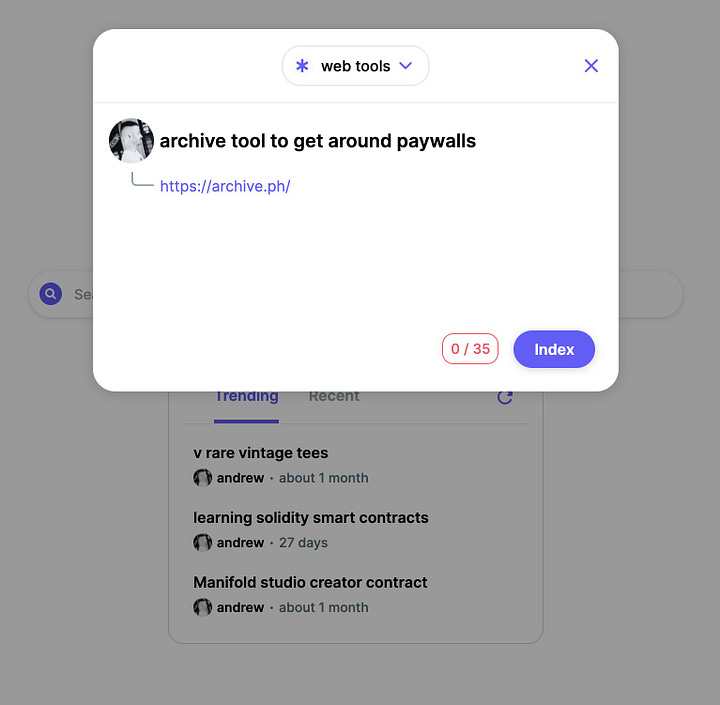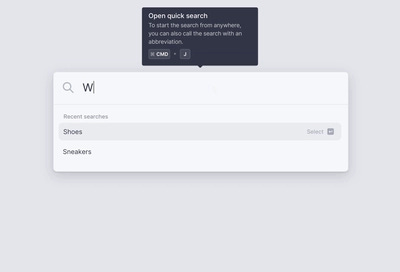Hello everyone! Welcome back to another edition of Open Scout. This week, we have an exciting addition: a spin-off edition!
If you haven't already, make sure to follow us on Twitter at @openscout.
Ready to dive in? Let's begin!
Brought to you by Legalpad
Specializing in visas for startup founders and their teams.
You focus on building the company. We'll handle the immigration paperwork.
Talk with with our immigration specialists about work visa options, renewals, and green cards for your team.
Schedule a free consultation today. Not quite ready for that? Check out our extensive visa resources for startups.
1.
Startup name: Stellar (2022)
Geography: US
Description: If you're familiar with setting team or company goals, you may have come across the term "OKRs" (Objectives and Key Results). OKRs are a goal-setting methodology that helps teams set measurable objectives. It encourages teams to set ambitious targets and track progress towards them, ensuring that everyone is working towards the same goals.
Studies have shown that committing to a goal can help improve employee performance. But more specifically, research reveals that setting challenging and specific goals can further enhance employee engagement in attaining those goals.
Too many companies set OKRs, forget them in an isolated document and then realize they haven’t made sufficient progress1. When OKRs aren't reassessed regularly, teams miss out on opportunities to motivate each other, collaborate, and unblock progress together.
Stellar is a goal tracking platform that focuses on agile communication and efficient asynchronous workflows, giving teams a better chance of achieving their OKRs.
Founder(s) background: Product Manager @ Affirm, Earnin, Software Engineer @ Pave (founding team), Affirm, and Product Design @ LinkedIn
Backed by (public source): Y Combinator
2.
Startup name: Legend (2021)
Geography: US
Description: Today's search engines use SEO and ad models to present pages of robotic search results closer to a marketing website than genuine recommendations.
For example, searching for something on Amazon used to be a breeze. The website prided itself on using "user like you" recommendation filters and sophisticated ranking of results to display its wares. Nowadays, however, you will be shown other items first, followed by its own knockoff products, and then paid advertisements, before you can find what you asked for. The same goes for Google, Bing, Yahoo, and other search engines.
Legend is a search platform owned and shaped by the people who use it. All search results on Legend are indexed and owned by someone who believes they deserve to be found.
It's interesting that more than a dozen startups2 are vying to be the next Google. The next Google can't just be an input box that spits out links; we need fresh thinking to create something much better than what came before. Google currently handles over 90% of all search queries worldwide, dominating the global search engine market share. Its closest rival, Microsoft's Bing, only manages a fraction of Google's volume, with a market share of 3.42%.
In recent years, various groups have arrived at the same conclusion and begun developing the next generation of search engines. Privacy is essential for this new generation, and intrusive ads are not an option. Beyond that, each group has taken the concept of a search engine in a distinct direction.


Founder(s) background: Product Design @ Unison, Metaplex Studios, Owner @ And Product Studio
Backed by (public source): NA
Thanks for reading,
Kenneth
→ Reply to this email if you want to be considered for a feature on the community.
→ Want to get your brand more exposure? Apply to sponsor or simply reply to this email.
16% of knowledge workers say their company is effective at setting and communicating company goals.
DuckDuckGo’s market share has grown from 0.3 per cent to 1.9 per cent in North America in the past five years.





